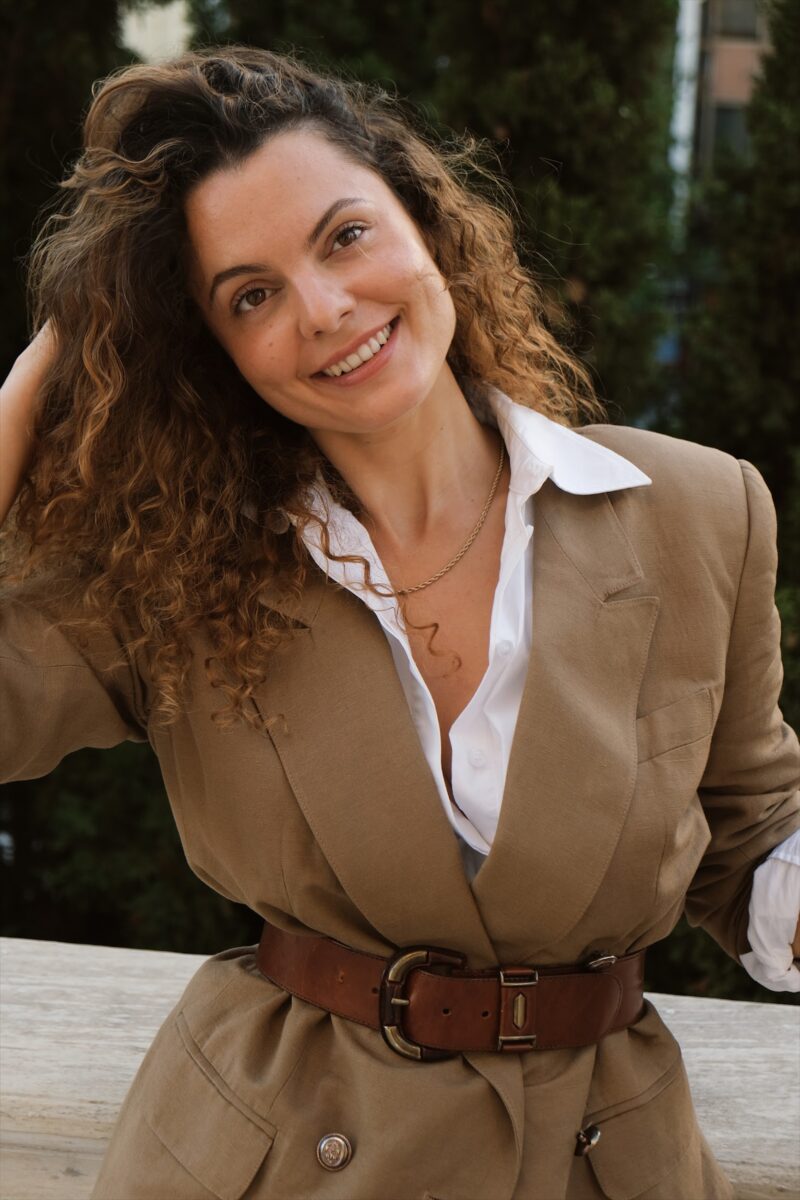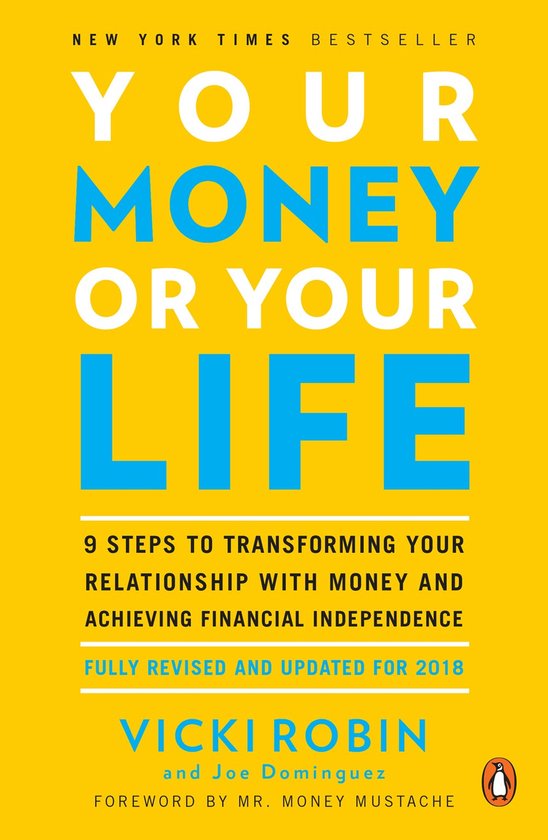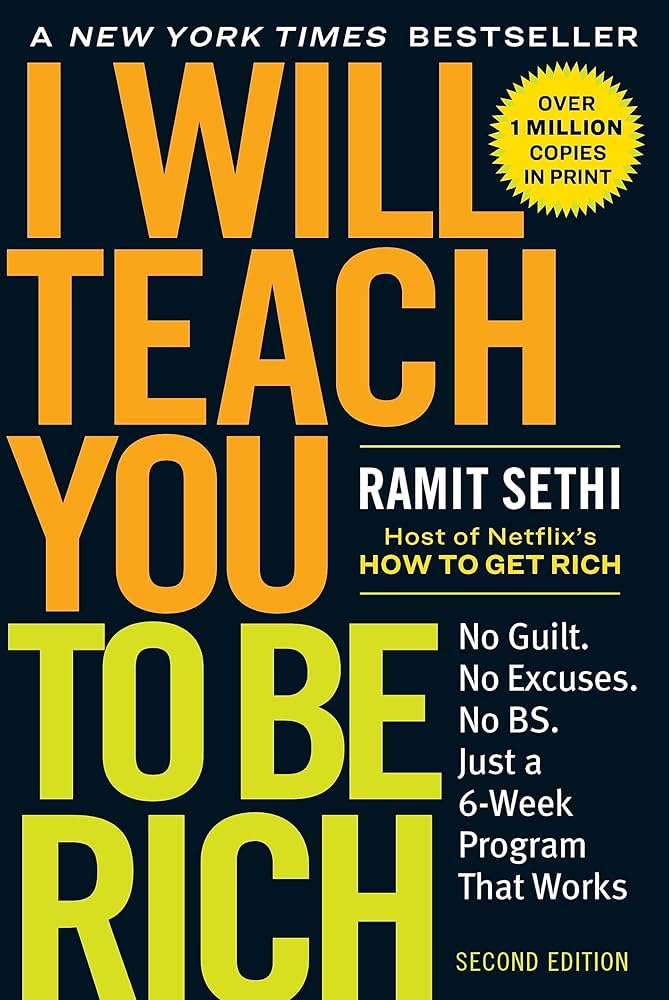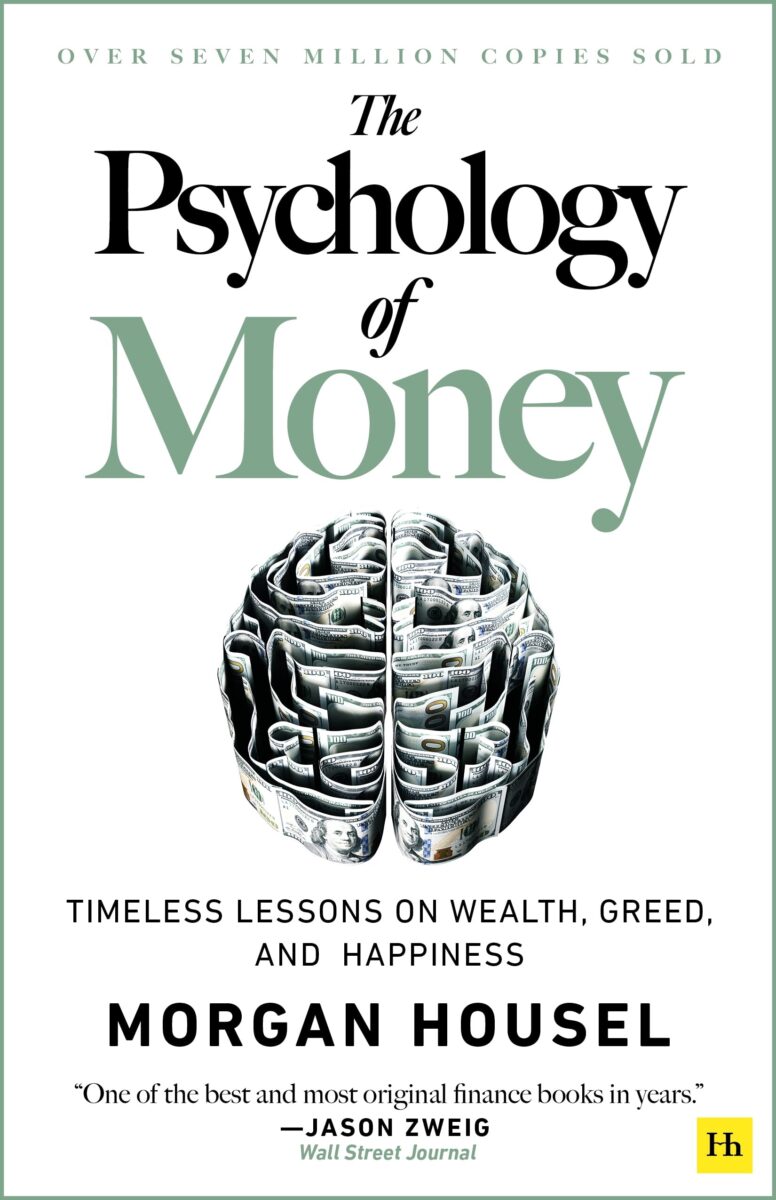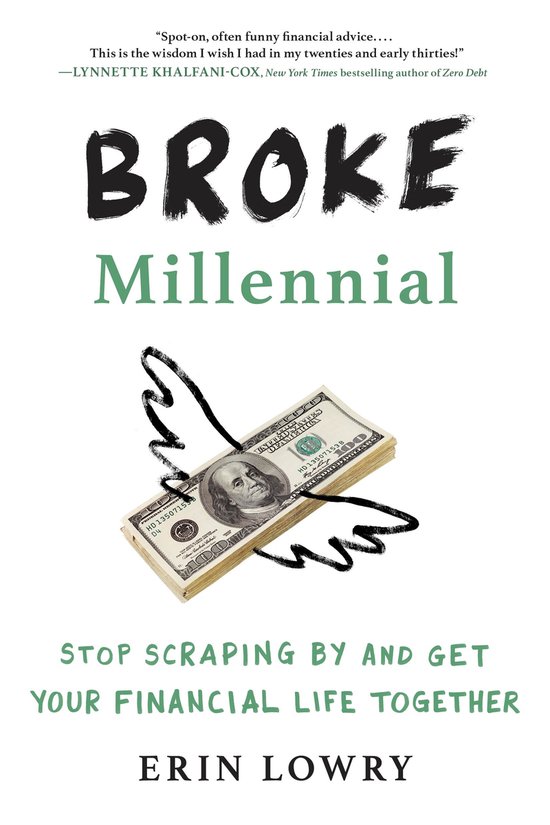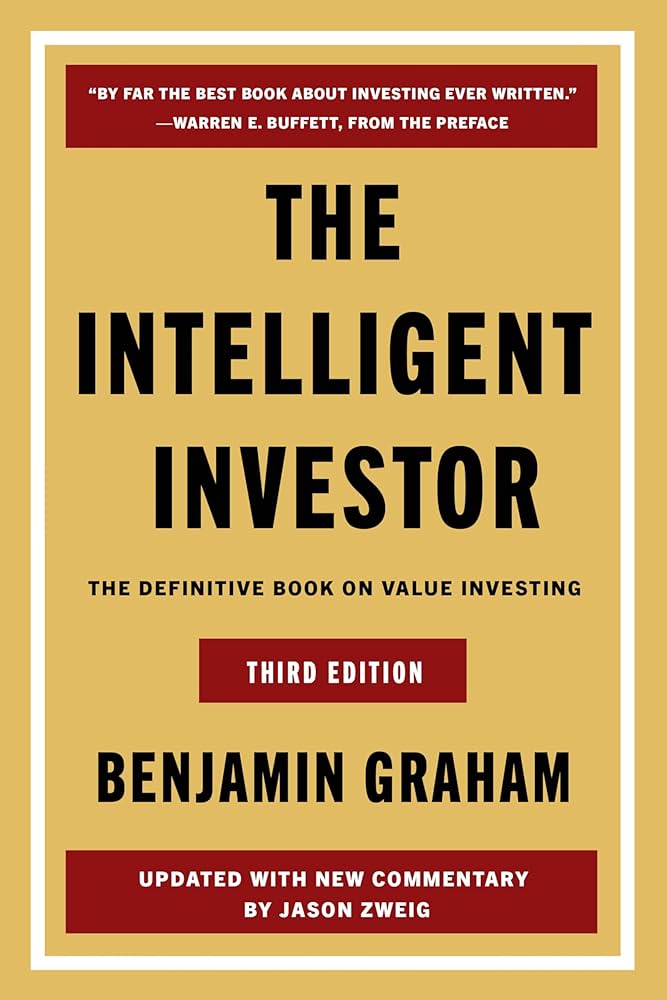What Does Financial Freedom Really Mean?
Let’s be real, “financial freedom” often sounds like one of those vague goals we see on Instagram, somewhere between a manifestation guru and a luxury yacht. But in truth, it’s a very personal concept. For some, it means being debt-free and stress-free. For others, it’s about having enough money to quit the job they hate, travel the world, or just not panic every time they check their bank account. Whatever it means to you, the path to get there isn’t reserved for millionaires or financial wizards. It’s about making small, consistent choices that compound over time. This Simple Guide to Financial Freedom brings together my favourite tips, apps, and books that changed the way I think about money. No fluff, no jargon, just practical things that have helped me and might help you too.
My Financial Background
I grew up in a modest household with middle-class working parents who had saved up money their whole life to afford buying a house. Every month, they would argue over their accounting and bicker over the management of their common bank account. I was given small opportunities to earn money by completing chores in the house, which was my first window into financial freedom. I realised that work comes with reward. However, I was often told off for my money habits: I liked to spend it on gifts and experiences with the people I loved most, as well as symbols of status that would make me feel like I fitted in more privileged environments.
I quickly realised that different types of efforts bring different types of reward. I started “hustling”, seeking the next thing that would allow me to purchase the latest UGG boots that all my friends had. I realised that baby-sitting was a much better use of my time than cleaning the house. I was earning more money watching TV while kids slept than when scrubbing the floors. All it took was building trust with my clients. It brought progressive, compound returns on my efforts, as they were always happy to pay more rather than find another nanny for their kids. At 16, I was the most successful baby-sitter in town, with multiple regular clients each week and an hourly fee higher than average.
Much later, I also realised that my money habits weren’t all that wrong. I liked investing my money in products and experiences that I felt were more rewarding than saving it on a bank account with no purpose or interest. For example, by purchasing high-quality fashion items, I could be included in groups of individuals from a higher class than me because they would see me as their equal. The realisation that I have always been an investor came much later, when I made my debut on the stock market. Most importantly, I rewrote the script that my parental education had written in my head. Securing income from various sources showed me that I was good at finances, and in fact I was better than most.
My Journey to Financial Freedom
I always wanted to lose the fear I was taught to have about money. I knew that the only way to do so was through investment. However, it seemed super intimidating and I literally had no clue where to begin. After becoming an employee in 2020, I started saving to build an emergency fund. That fund went well beyond what I had hoped for. In 2022, I made a conscious decision to learn how to invest my money. I just could not stand anymore the thought of having my savings on an account that yielded less than 1% return each year (which is sadly the case for most traditional banks).
I watched countless videos and shows on the topic, listened to podcasts, read the books mentioned below, and downloaded the apps I list in this article. First, I progressively divested from traditional banks. Digital banks are much better because they literally pay you to use their services, instead of charging you increasing amounts of fees. They are just as safe as traditional banks, but so much more transparent, useful, and fair. I seriously don’t understand why some people still hold on to traditional banks! They are slowly becoming obsolete.
Second, I started investing. I first invested in cryptocurrencies because that’s what everyone was talking about. After a year, my portfolio had doubled. I will never forget the feeling it procured to realise that I had done it: my money had worked for me. It’s quite a unique emotion to see how easy it can be to make money, while you’ve been told your entire life that money only comes to those who work hard. It is a lie. Money comes to those who work smart.
My Experience on the Stock Market
In 2024, I started investing on the stock market. I purchased stocks from companies which I thought would have a bright future. I decided on a mix of safe and risk-worthy stocks, spreading my money between the stocks of large corporations that were highly likely to grow slowly and small companies that were not highly likely to gain value but would do so exponentially if they did. I researched what those companies were doing and went for the ones I thought were the most serious and promising.
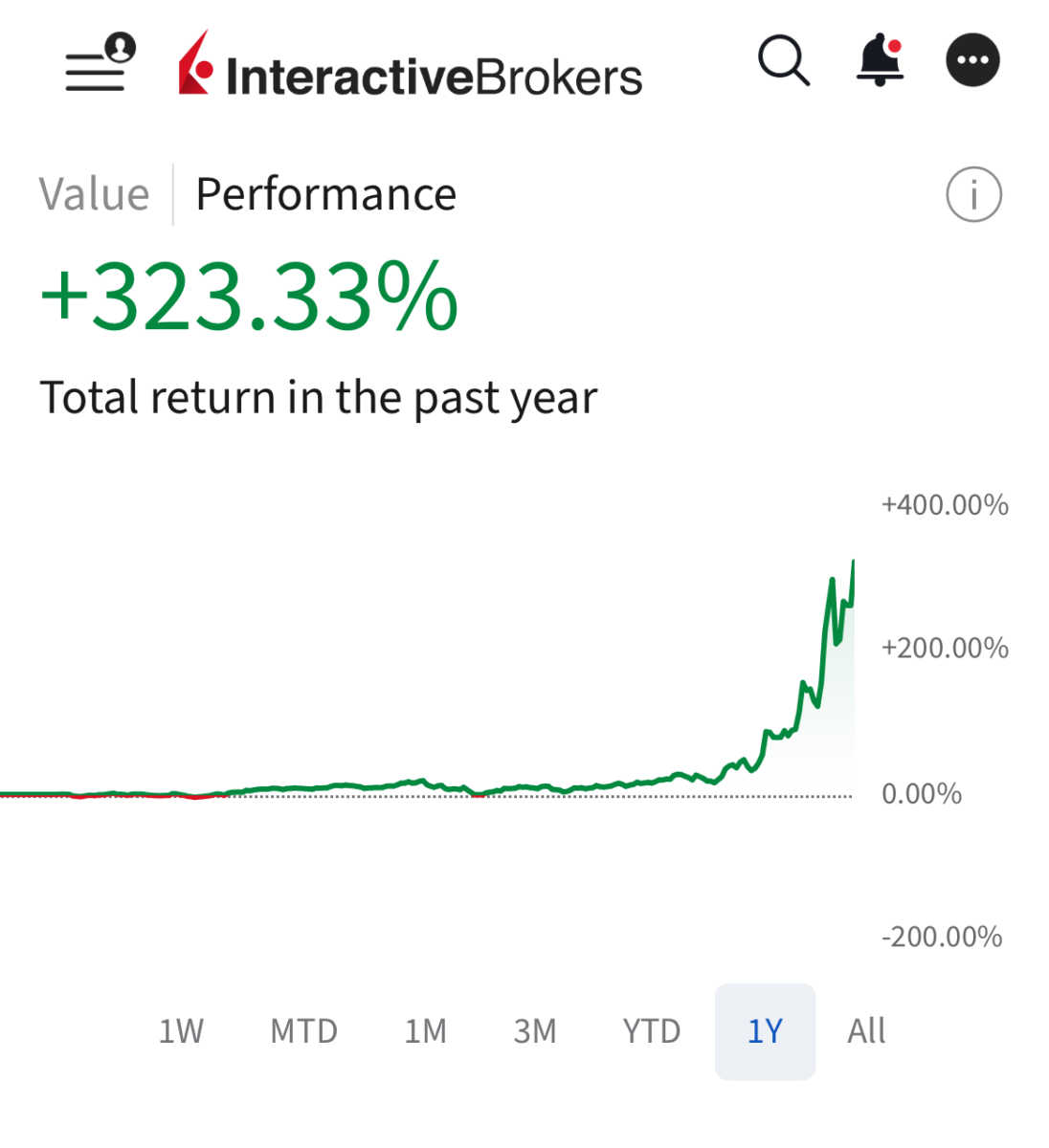
One year later, my portfolio was standing 320% higher than what it did when I first started investing in stocks. Yeah. Incredible, right?
Of course, that number has, since then, gone down a little. But I still definitely earned way more money than if I had left all my savings on my bank account, and that was my goal.
That experience reinforced my belief that I was capable of making smart financial decisions and cemented my financial freedom: I felt empowered, rather than discouraged. This is the most important take-away from my journey to financial freedom: find what makes you feel powerful, free, and strong. Commit, and there’s no way it won’t pay off.
The 6 Key Tips for Financial Freedom
Money advice goes beyond “stop drinking lattes” and guilt-tripping. Good advice doesn’t make you feel bad about money, it helps you feel empowered. My entire childhood, I was told I was bad with money because I didn’t like saving. Here are the key tips that helped me rewire my mind about money, develop great financial habits, and set myself free! This advice is practical, doable, and most importantly, sustainable.
Speak of Yourself Highly
If you keep telling yourself that you are “bad with money”, you will be. While you can’t have much control over what others tell you, you do choose how you speak to yourself. Make sure to do so highly, as this is the most important advice about financial freedom. You want to be a financially literate person? So become it. Learn the language, do the work, talk about it with your friends,… do everything you have to do to build that confidence.
Track Everything (for 30 days)
Not forever, just one month. It’s like turning the lights on in a messy room. For the next 30 days, track every expense, no matter how small. Use an app or simply jot it down in a notebook. The key is to not judge yourself, but just observe. By tracking your spending, you’ll uncover patterns and habits that you might not have noticed before. Maybe you’re spending more on takeout than you thought, or there’s a subscription you forgot about. This is the first step to taking control, because change starts with awareness.
Build an Emergency Fund, No Matter What
Life can throw curveballs: unexpected repairs, medical bills, job changes… An emergency fund is your financial safety net. Even if you’re living paycheck to paycheck, start small. Set aside whatever you can (€10, €20, even just €5 a week). Over time, that fund will grow, and so will your peace of mind. Knowing you have a cushion makes you less likely to panic when something goes wrong. You’ll remain capable of handling any situation. Remember, it’s not about fear, it’s about freedom.
Avoid Lifestyle Creep
Got a raise? Awesome. The temptation to upgrade everything (clothes, dinners, tech) is real. But here’s the trick: try not to inflate your lifestyle every time your income goes up. Instead, use that extra money to pay down debt, invest, or bulk up your savings. You’ll still feel the benefits, but in a way that supports long-term freedom, not just short-term dopamine hits. Lifestyle creep is sneaky; it makes you feel richer without actually improving your financial health. Enjoy your wins, but let your future be the one that really cashes in.
Define what "Freedom" is For You
In a world that constantly pushes “more”, more stuff, more upgrades, more goals, there’s real power in learning to say, “this is enough, this is freedom”. Knowing what “freedom” looks like for you helps you spend with intention instead of chasing every sale or trend. It frees up time, reduces stress, and makes your financial goals more achievable. Financial freedom isn’t about having everything, it’s about feeling content and secure with what you have. When you shift your focus to sufficiency over scarcity, your money habits start to align with a more fulfilling life.
Invest, Smartly
Investing isn’t about timing the market or jumping on stock tips from TikTok and X. It’s about consistency and long-term thinking. Even small monthly contributions can snowball into serious wealth thanks to compound growth. Don’t wait for “the right time” (it never feels perfect). Start with index funds or a diversified portfolio, and aim to stick with it. Think of it like planting seeds: it might not look exciting today, but in a few years, you’ll thank yourself. Investing should feel boring, but in the best way.
The Top 5 Apps to Manage Your Money Like a Boss
The links below allow me to earn a small commission every time you sign up, with free bonuses for you!
Wise
If you ever need to send or receive money internationally, Wise is a total lifesaver. You get fair exchange rates (no hidden fees), fast transfers, and the ability to hold multiple currencies. Super handy if you travel, freelance, or live a bit of a global life.

Revolut
A great all-in-one financial app. You can save, spend, invest, and even trade crypto. It also gives you useful spending insights and budgeting tools. A digital bank that actually understands modern life.

TradingView
Even if you’re not a trader, this app is gold for understanding market trends. Great for visual learners who like charts, real-time data, and technical analysis, whether you’re into stocks, forex, or crypto. Checking it is part of my daily routine.

Swissborg
Want a smooth entry into crypto investing? Swissborg makes it simple. The app is beautifully designed, beginner-friendly, and packed with smart tools like portfolio analytics and yield earning options. It’s great if you’re curious about crypto but still want a bit of hand-holding along the way.

IBKR (Interactive Brokers)
If you’re ready to get serious about investing, IBKR is a powerhouse. Yes, the interface looks like it means business (because it does), but it offers low fees, a ton of market access, and powerful tools for long-term investors. I use it daily.
5 Books to Transform How You Think About Money
Books can do something apps and spreadsheets can’t: they can shift your mindset. And when your mindset changes, everything else follows. These five books aren’t just about saving or investing; they’re about rethinking your relationship with money.
“Your Money or Your Life”by Vicki Robin & Joe Dominguez
This book is a classic. It asks big questions like, “Are you spending your life energy in ways that align with your values?” It’s philosophical but super practical.
“I Will Teach You To Be Rich”by Ramit Sethi
Despite the loud title, this book is incredibly down-to-earth and packed with real-life scripts, strategies, and no-BS advice. Great for millennials and Gen Z. Also loved the Netflix show.
The Psychology of Money”by Morgan Housel
A must-read if you want to understand why people (including you!) make the money decisions they do. Spoiler: it’s not always logical, and that’s okay.
"Broke Millennial”by Erin Lowry
This one speaks our language—real talk, relatable examples, and super clear tips. It’s perfect if you’re just starting to take money seriously.
"The Intelligent Investor"by Benjamin Graham
This is the granddaddy of investing books. A bit more dense than the others, sure, but if you’re serious about understanding how markets work and how to build long-term wealth, this is essential reading. Warren Buffett swears by it for a reason.
Conclusion
Here’s the thing: financial freedom doesn’t come from obsessing over spreadsheets or hitting some magical number. It comes from feeling in control, having options, and knowing you’re not at the mercy of your bank balance. It’s not about being rich, it’s about being resourced.
The journey isn’t linear, and that’s okay. Some months you’ll crush your savings goals, other times you’ll be scraping the bottom of your checking account and wondering where it all went. Be kind to yourself. Progress is progress.
Use the tools, lean on the tips, read the books. I hope this Simple Guide to Financial Freedom helps you get started. But most importantly, trust yourself. You don’t have to do it perfectly. You just have to keep showing up, keep learning, and keep believing that you can create a life where money supports you, not stresses you out.
Freedom starts with one good choice at a time.

Let's dive in together!
I would love to accompany you on your journey to financial freedom. Together, we’ll define your goals and materialise those into a concrete plan of action.
My experience builds on over five years living as a digital nomad and entrepreneur. I help ambitious individuals seeking to make a difference to this world, without sacrificing their health and happiness.
Personal Coaching • Goals Setting • Career Advice • CV feedback • Personal Growth • Productivity
Hi! I’m Sophie
I was born in Belgium, educated in Europe, and now exploring the world with the objective to understand how we can make it a better place.
I currently work as a doctoral researcher (PhD candidate) in The Hague. I hold a Masters degree (MPhil) from the University of Oxford and have 7+ years of experience as a consultant.
